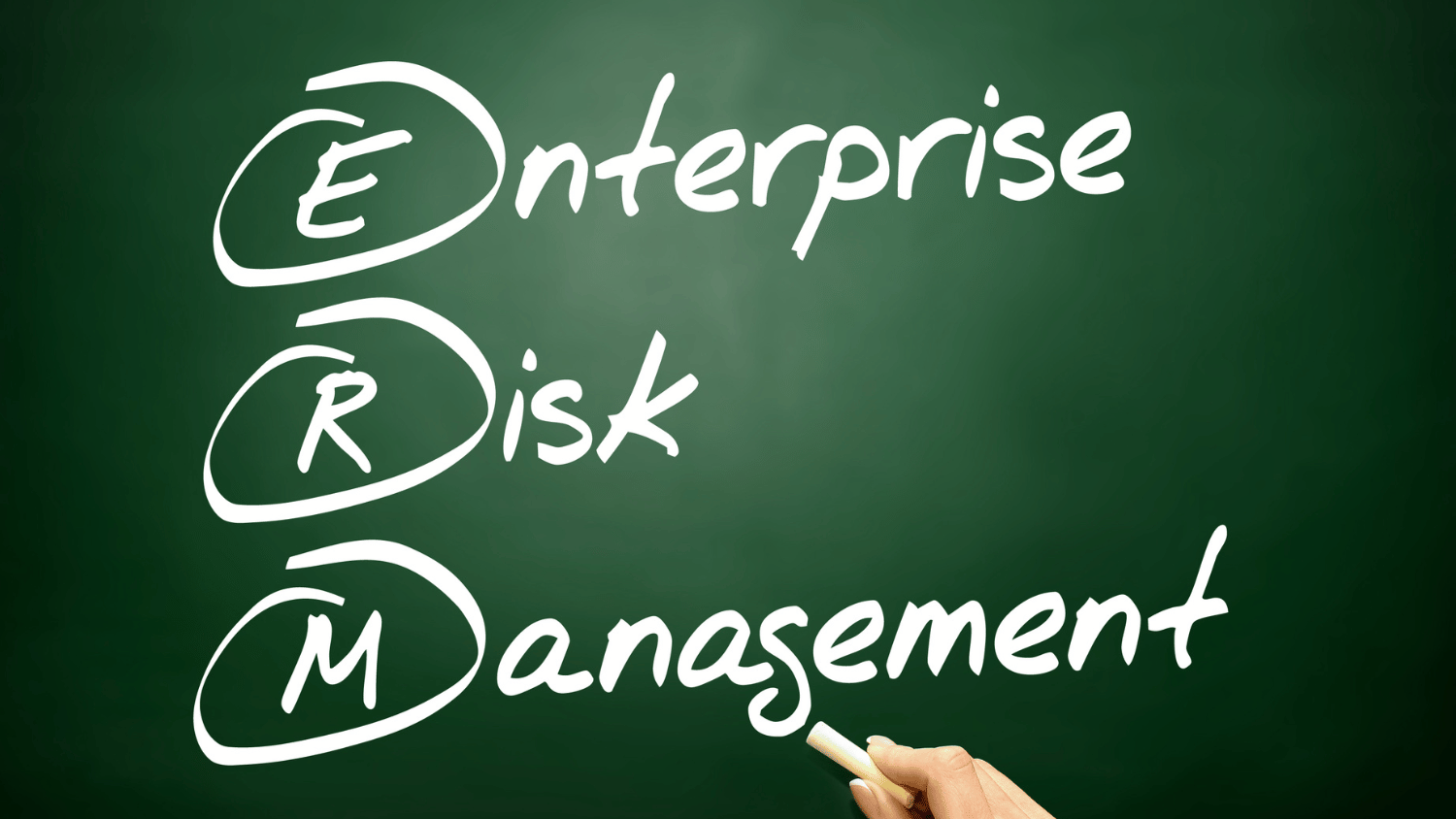Dec 1, 2012
Managing the Risk of Disruptive Innovation
Organizations often find themselves surprised by a competitor's announcement of a new innovation. Such announcements can be hugely disruptive, and they hit the competitive environment in many forms, such as a new revolutionary business model, a completely new technology, or a new spin on an existing product or service. A December 2012 article in Harvard Business Review discusses the threat of disruptive innovation. A new product offering or a novel business model from a competitor is enough to upend any existing business and change the face of a particular market indefinitely. However, organizations can manage the risk of disruptive innovations by being proactive in regards to evaluating their own business models and those of competitors. In this HBR article, Wessel and Christensen present their approach for assessing and strategically managing the risk of disruption.
